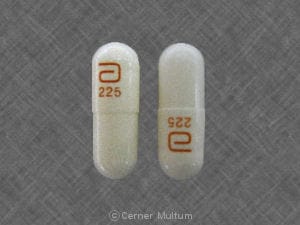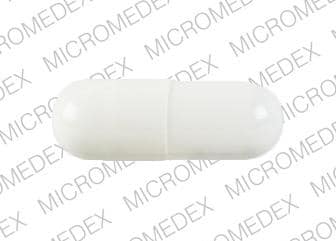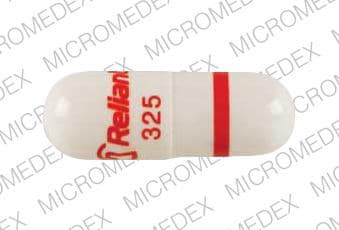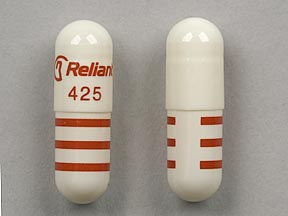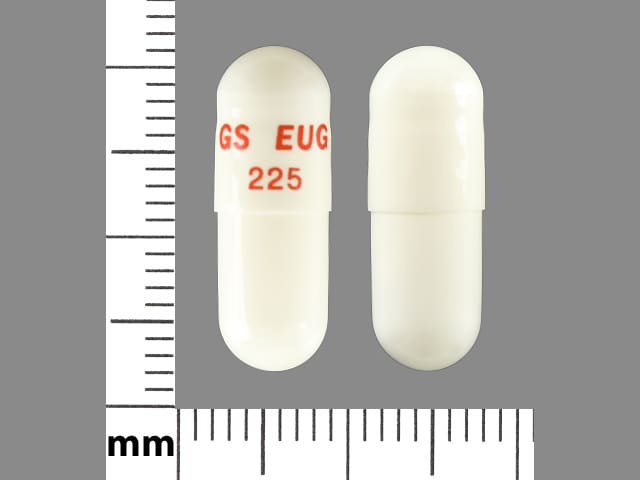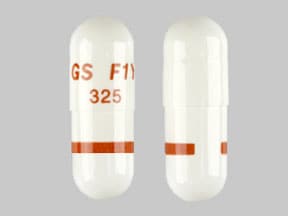What is Rythmol SR?
Rythmol SR is a prescription medicine that is used:
- in certain people who have a heart rhythm disorder called atrial fibrillation (AF)
- to increase the amount of time between having symptoms of AF
It is not known if Rythmol SR is safe and effective in children.
Who should not take Rythmol SR?
Do not take Rythmol SR if you have:
- heart failure (weak heart)
- had a recent heart attack
- a heart condition called Brugada Syndrome
- a heart rate that is too slow, and you do not have a pacemaker
- very low blood pressure
- certain breathing problems that make you short of breath or wheeze
- certain abnormal body salt (electrolyte) levels in your blood
Talk to your doctor before taking Rythmol SR if you think you have any of the conditions listed above.
What should I tell my healthcare provider before taking Rythmol SR?
Before you take Rythmol SR, tell your doctor if you:
- have liver or kidney problems
- have breathing problems
- have symptoms including diarrhea, sweating, vomiting, or loss of appetite or thirst that are severe. These symptoms may be a sign of abnormal electrolyte levels in your blood.
- have myasthenia gravis
- have lupus erythematosus
- have been told you have or had an abnormal blood test called Antinuclear Antibody Test or ANA Test
- are pregnant or plan to become pregnant
- are breastfeeding or plan to breastfeed. Rythmol SR can pass into your milk. You and your doctor should discuss the best way to feed your baby during this time.
- have any other medical conditions
Tell your doctor about all the medicines you take, including prescription and over-the-counter medicines, vitamins, and herbal supplements. Rythmol SR and certain other medicines can affect each other and cause serious side effects. Rythmol SR may affect the way other medicines work, and other medicines may affect how Rythmol SR works.
Especially tell your doctor if you take:
- amiodarone or other medicines for your abnormal heart beats
- an antidepressant medicine
- a medicine to treat anxiety
- ritonavir (for example, Kaletra, Norvir) or saquinavir (for example, Invirase)
- an antibiotic medicine
- ketoconazole (for example, Nizoral)
- digoxin (Lanoxin)
- warfarin sodium (for example, Coumadin, Jantoven)
Know the medicines you take. Keep a list of them to show your doctor and pharmacist when you get a new medicine.
How should I take Rythmol SR?
- Take Rythmol SR exactly as prescribed. Your doctor will tell you how many capsules to take and how often to take them.
- To help reduce the chance of certain side effects, your doctor may start you with a low dose of Rythmol SR, and then slowly increase the dose.
- Do not open or crush the capsule.
- You may take Rythmol SR with or without food.
- You should not drink grapefruit juice during treatment with Rythmol SR.
- If you miss a dose of Rythmol SR, take your next dose at the usual time. Do not take 2 doses at the same time.
- If you take too much Rythmol SR, call your doctor or go to the nearest hospital emergency room right away.
- Call your doctor if your heart problems get worse.
What are the possible side effects of Rythmol SR?
Rythmol SR can cause serious side effects including:
- New or worsened abnormal heart beats, that can cause sudden death or be life-threatening. Your doctor may do an electrocardiogram (ECG or EKG) before and during treatment to check your heart for these problems.
- New or worsened heart failure. Tell your doctor about any changes in your heart symptoms, including:
- any new or increased swelling in your arms or legs
- trouble breathing
- sudden weight gain
- Effects on pacemaker function. Rythmol SR may affect how an implanted pacemaker or defibrillator works. Your doctor should check how your pacemaker or defibrillator is working during and after treatment with Rythmol SR. They may need to be re-programmed.
- Very low white blood cell levels in your blood (agranulocytosis). Your bone marrow may not produce enough of a certain type of white blood cells called neutrophils. If this happens, you are more likely to get infections. Tell your doctor right away if you have any of these symptoms, especially during the first 3 months of treatment:
- fever
- sore throat
- chills
- Worsening of myasthenia gravis in people who already have this condition. Tell your doctor about any change in your symptoms.
- Rythmol SR may cause lower sperm counts in men. This could affect the ability to father a child. Talk to your doctor if this is a concern for you.
Common side effects of Rythmol SR include:
- dizziness
- fast or irregular heart beats
- chest pain
- trouble breathing
- taste changes
- nausea
- tiredness
- feeling anxious
- constipation
- upper respiratory infection or flu
- swelling
Tell your doctor if you have any side effect that bothers you or that does not go away.
These are not all the possible side effects of Rythmol SR. For more information, ask your doctor or pharmacist.
Call your doctor for medical advice about side effects. You may report side effects to FDA at 1-800-FDA-1088.
Rythmol SR Images
General information about the safe and effective use of Rythmol SR
Medicines are sometimes prescribed for conditions other than those described in patient information leaflets. Do not use Rythmol SR for a condition for which it was not prescribed by your doctor. Do not give Rythmol SR to other people, even if they have the same symptoms you have. It may harm them.
This leaflet summarizes the most important information about Rythmol SR. If you would like more information, talk with your doctor. You can ask your doctor or pharmacist for information about Rythmol SR that is written for healthcare professionals. For more information about Rythmol SR, call 1-888-825-5249.
How should I store Rythmol SR?
- Store Rythmol SR at room temperature between 59°F to 86°F (15°C to 30°C).
- Keep the bottle tightly closed.
Keep Rythmol SR and all medicines out of the reach of children.
What are the ingredients in Rythmol SR?
Active Ingredient: Propafenone hydrochloride
Inactive Ingredients: Antifoam, gelatin, hypromellose, magnesium stearate, red iron oxide, shellac, sodium dodecyl sulfate, sodium lauryl sulfate, soy lecithin, and titanium dioxide.

